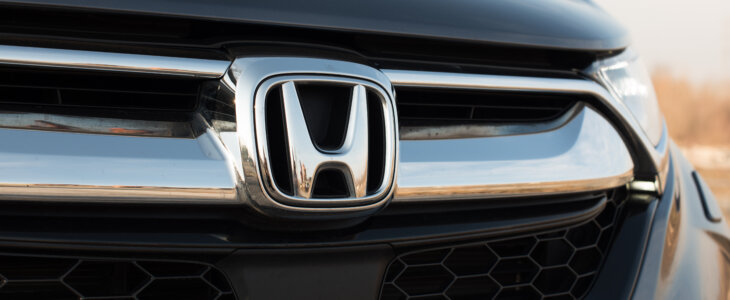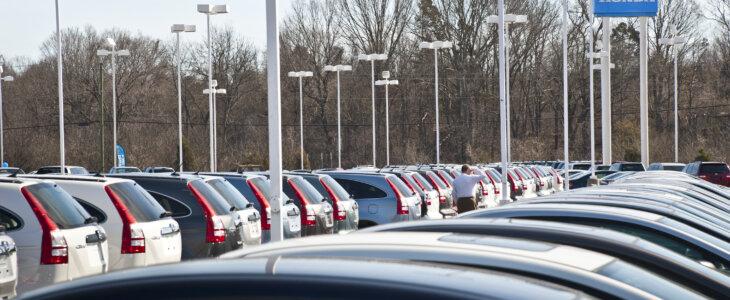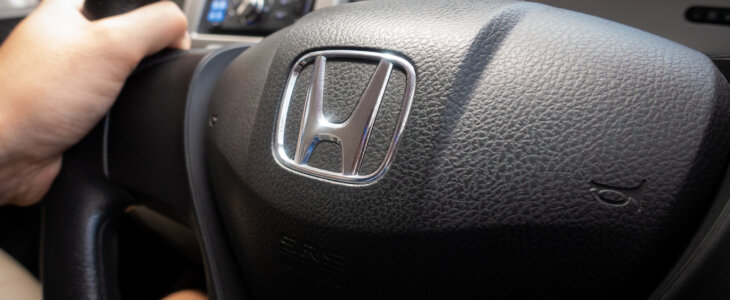Honda Motor Company is recalling more than 259,000 vehicles in the United States due to a critical brake pedal defect that could increase the risk of crashes and injuries. The recall was made public by the National Highway Traffic Safety Administration (NHTSA) on June 18, 2025.
History Behind the Recall
The issue stems from a poorly secured pin in the brake pedal assembly. According to Honda’s safety report, the pin may not be properly staked in place, allowing the brake pedal to shift out of position. This could result in reduced braking ability or complete brake failure, significantly raising the likelihood of an accident.
Honda launched an internal investigation in April 2024 after receiving a report of unusual brake pedal movement. So far, the automaker has identified three related warranty claims, but no injuries or fatalities have been reported.
The defect occurred during vehicle production at a U.S.-based factory that has since closed. Production has now moved to a new facility in Mexico, where a camera sensor system is being used to confirm the brake pin is securely installed.
Which Vehicles Are Affected
The recall impacts a total of 259,033 vehicles, including:
- 2023–2025 Acura MDX
- 2021–2025 Acura TLX
- 2023–2025 Honda Pilot
What Owners Need to Do Next
Owners of affected vehicles will be notified by mail, with letters expected to begin mailing on July 28, 2025. Honda advises customers to bring their vehicle to an authorized dealership for inspection. If the defect is found, the dealership will repair the brake pedal assembly free of charge.
For further assistance, owners can contact Honda customer service or visit the NHTSA recall website at www.nhtsa.gov and enter their vehicle’s VIN to check recall status.
How Honda Owners Can Take Back Control
While this recall has been communicated to owners, many continue to be unhappy with the solutions provided by automakers. These problems have the potential to escalate into further action, underlining the importance of protecting consumer rights.
If you struggle with vehicle troubles and feel cornered against big vehicle brands, remember it is always better to have experts with you. With extensive experience and successful cases at hand, The Lemon Firm is your best bet. With dedicated team members always at your disposal, the package becomes too good to be true. So, if your car is giving you a headache, don’t hesitate to reach out!
Call 833 Lemon Firm and speak with a case analyst today!








